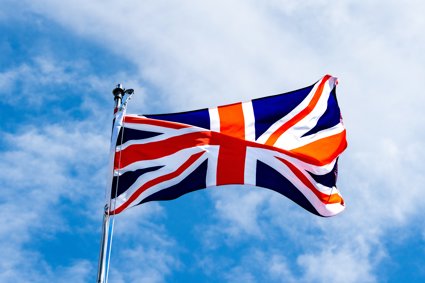
Am I a global citizen?
Key questions
What characteristics should a global citizen should have?
Can you describe yourself as a global citizen?
Is it important to be a global citizen?
Being a global citizen is essential to life in the 21st century. The Education for Global Citizenship guide for schools published by Oxfam states that 'today, more than ever before, the global is part of our everyday local lives'. In addition, the fact that we now live in what is termed a Global Village means that students are not only aware of global events but they are also aware that what happens across the globe affects them too. The Oxfam guide argues that 'Global Citizenship gives [students] the knowledge, understanding, skills and values that they need if they are to participate fully in ensuring their own and others', well-being and to make a positive contribution, both locally and globally'.
Assumptions of citizenship are changing and today students are not only encouraged to be aware of the world around them, but to also take an active part in that world. In their article What is geography's contribution to making citizens? published in the journal Geography in Spring 2008, Cook et al. suggest that 'what we do here has enormous consequences for collective life at a global scale'. They also stress the importance of 'feeling empathy towards geographically and socially distant others'. Global disasters can be used as a vehicle to explore global citizenship and to encourage students to ask both whether they consider themselves to be global citizens, and whether it is important to be a global citizen.
Following increasing disputes between the government and tribal groups over mineral deposits and land (although the exact cause is still unclear), fighting once again broke out in the eastern part of Democratic Republic of Congo in August 2008, following the five year Africa's world war which ended in 2003. Internal migration has occurred on a huge scale and there are an estimated 250 000 people who are now living as refugees. Many refugees have fled to Goma, close to the Rwandan border, but now face new fears in refugee camps which are overcrowded, lack basic facilities and are unsafe. Continuous fighting is making it virtually impossible for aid agencies to get supplies into the area and specifically into the camps, and there are growing concerns from the UN that people are starting to die from malnutrition. There have also been reports of women being kidnapped when they leave the camps in search of wood for fuel. The situation is now being referred to as a humanitarian disaster with increasing pressure on the UN to have more involvement. People around the world can not avoid the images of this mass scale human suffering, which exemplifies the importance of being a Global citizen. (Read BBC News article on the conflict.)
Main Activity
What is the role of the global community when disaster strikes?
In this activity, you will work in groups to develop an Action Plan to assist people who have been affected by the humanitarian disaster in the Democratic Republic of Congo.
First, take a look at the Congo PowerPoint presentation, which will provide you with some background information about the disaster.
Your teacher will divide the class into eight groups. There will be two groups working on each of the four categories below, which represent different organisations that can provide assistance:
-
The raising awareness campaign
-
The aid agency
-
The activists
-
The British government
Work through the questions using the Action Plan worksheets, which will help you to come up with an Action Plan.
When you have completed the worksheet, join with the other group representing your organisation and compare your answers. Can you come up with a final, joint plan?
Plenary
Are we global citizens?
Select a representative from your combined group who will explain to the rest of the class who you are, what you have decided to include in your Action Plan, and how you are going to do it.
Be prepared to answer some questions about your plans.
As a class, discuss how effective you think each group's plan would be, and which you think should be made a priority to give maximum help to the people of the Democratic Republic of Congo.
File nameFiles
File type
Size
Download
Who Do We Think We Are? Lesson 4 A Humanitarian Disaster in the Democratic Republic of Congo
.ppt
8 MB